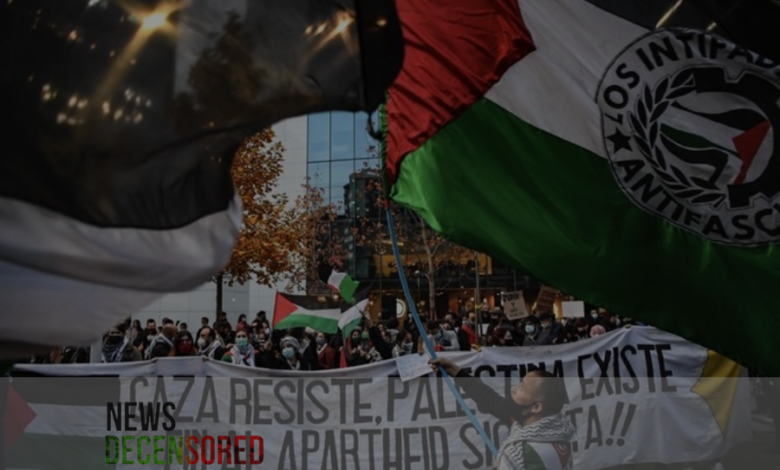Brazil put Palestine into a regime of free trade in a snub to occupy Israel

In a severe geopolitical move, Brazil has adopted a free trade deal with Palestine. The move was rather bold and upped the ante on growing Brazilian support of sovereignty in Palestine, while at the same time quite the opposite of its past balanced approach toward the Israeli-Palestine conflict. The new pact aimed to boost the Palestinian economy significantly.
The free trade agreement between these two countries, Brazil and Palestine, covers a broad spectrum of goods and services in the form of agricultural products, textiles, and technology. Since this agreement calls for removing tariffs and reducing trade barriers, trade volumes between the two regions could significantly increase. The businesses of Palestine will easily access the market of Brazil, giving a new life to the Palestinian exports. This, in turn, will open up new perspectives for Brazilian companies in the Palestinian market and create economic growth and development conditions on both sides.
Still, Brazil’s move is primarily considered a political gesture to Israel and the rest of the world. Formalizing trade relations with Palestine goes on to prove that Brazil stands in apparent support of the establishment of a Palestinian state and against Israeli occupation of the territory. This move was in line with the mood of most Latin American countries that have spoken for Palestinian rights recently and condemned the land grabbing by Israel in the West Bank.
President Luiz Inácio has often proclaimed his current administration’s interest in international solidarity and justice. He stated that the agreement was not only because of economic interests but also because it affirms Brazil’s position on the right side of history. “Brazil stands by the side of those who seek freedom and justice.””The trade agreement with Palestine is a concrete expression of solidarity with the just struggle of the Palestinian people and our conviction in their right to self-determination,” Lula said.
Israel has expressed its disappointment and concern over the whole affair. Israeli officials say that such agreements undermine the peace process by encouraging Palestinian resistance and sidestepping direct negotiations. They pressed Brazil to annul the deal, particularly articulating that the solution to the row lay in direct bilateral talks.
International opinion has been split. On the one hand, countries and international organizations saludar this as a bold initiative that places Brazil at the vanguard of the supporters of Palestinian rights. Others, however, warn that unilateral actions like this will further problematize the explosive situation in the Middle East. The United States—a close ally of Israel—has again reiterated its opinion that peace can be born only through direct negotiations between Israel and Palestine.
Indeed, economists look with much optimism at prospects coming from the Brazil-Palestine free trade agreement. For Palestine, it is an opportunity to diversify its economy and break its overdependence on Israeli markets. It opens up new markets for Brazil, entrenching the already good relations between it and the Arab world.
Such success could galvanize other countries into following suit with similar trade pacts with the Palestinians and, therefore, change the economic dynamics of this region. In moving forward, the world will be keenly watching how Brazil and Palestine’s bold geopolitical move shapes the broader dynamics of the Israeli-Palestinian conflict and international trade relations.




